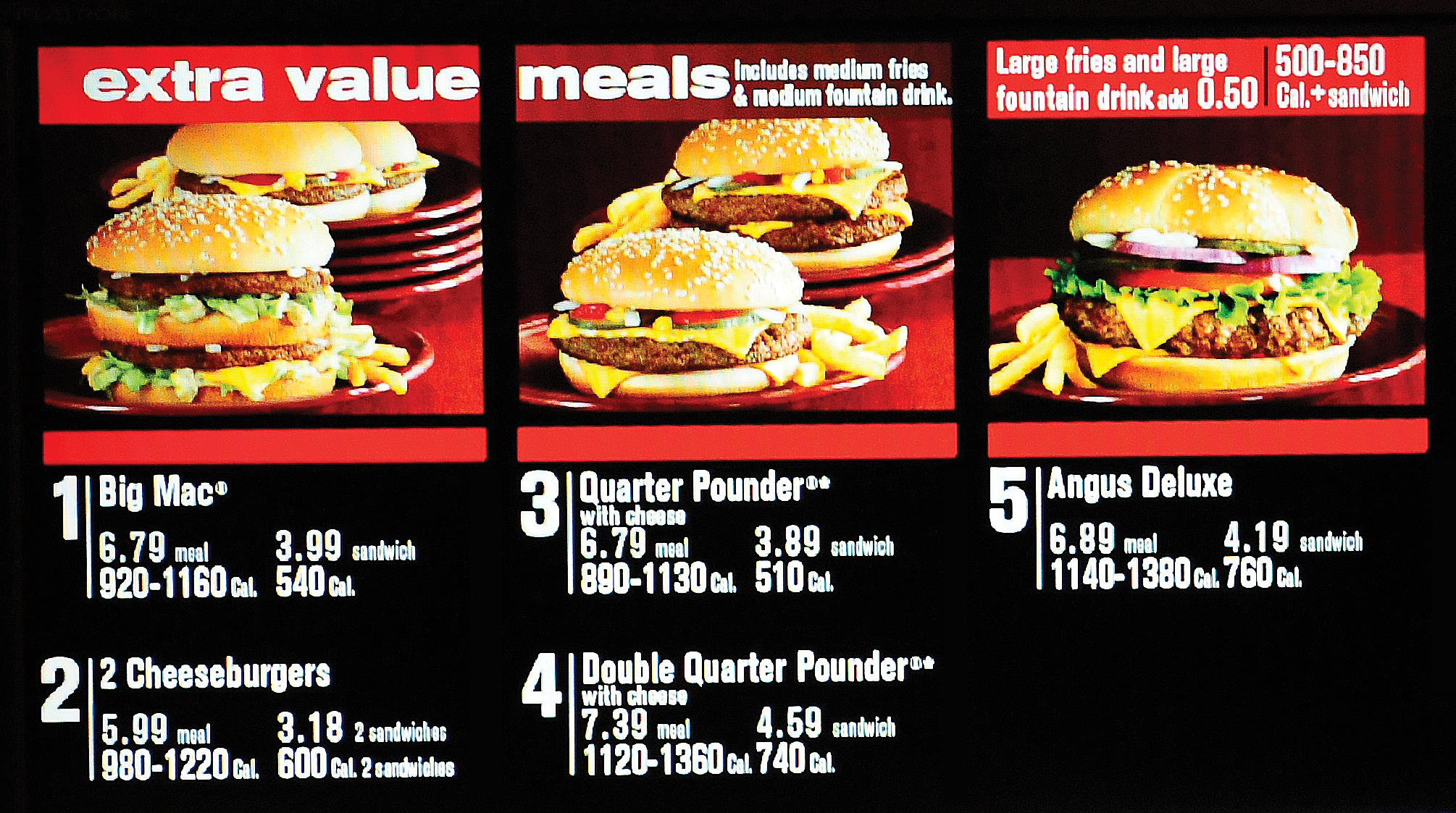Learning Goal
Describe the three critical aspects of psychology.
Learning Goal
Describe the three critical aspects of psychology.
You may think that you understand how you see colors, know the best way to study, and understand why people do or do not wear face masks. However, your own thoughts on these topics are very personal, or subjective. That is, they apply to you. But to gain scientific insight into these and many other topics, we must take an objective, or impersonal, approach that applies to many people. Psychology helps us achieve this goal because it is the scientific study of mental activity and behavior, which depend on processing in the brain. Let’s look more closely at these three aspects of psychology.
Psychology Investigates Mental Activity and Behavior To understand how psychology studies mental activity, including thoughts and feelings as well as behavior, let’s consider an example. Imagine that you are hungry and go to a popular fast-food restaurant. You walk in the door and see calorie information next to each menu item. You think to yourself, “Knowing the calories in the food may help people make healthier choices.” This experience depends on how you process the situation and react. First, you take in information from your surroundings to see the menu. You also think about and interpret that information. In this case, you believe it is a great idea to include the calorie information on the menu. You also experience the feeling of being pleased that you get to make a healthier food choice. You then act in certain ways as a result of how you processed all of this information. In this case, you order a healthier food item from the menu.
The Field of Psychology Acknowledges the Importance of Brain Processes Why are you able to see the menu, think about the impact of including the calorie information, feel pleased about knowing which menu items are healthier, and then order a lower-calorie meal? Your brain is responsible for mental activity and all of your behaviors. It allows you to taste delicious food, read this sentence, dance to music, and recognize when a friend is feeling blue. In recent years, brain imaging technologies have provided great insight into how the brain allows you to think about the world, feel a variety of emotions, and respond appropriately.
Psychology Is a Science Psychology is a science that systematically investigates and measures thoughts, feelings, behavior, and brain processes. Conducting psychological research using an objective, evidence-based approach is called empiricism. This approach lets psychologists gain insight into the mental activity and behavior of many people, not just one person.
Although you may think that people order healthier meals when the calories are included on a fast-food menu, your personal thoughts may not be supported by scientific research. For example, one four-year study investigated whether the addition of calorie information to McDonald’s menus in northeastern regions of the United States was associated with changes in the food purchased (Petimar, Ramirez, et al., 2019; Figure 1.1). The researchers surveyed repeat customers and examined their food receipts both before and after the calorie counts were added to the menu. The researchers found no long-term reduction in the calories of food bought at the McDonald’s restaurants compared to similar restaurants that did not display calorie information on their menus. This result suggests that including calorie information on menus may not change consumers’ food purchasing habits at fast-food restaurants.

The menu is as follows. Under the category Extra Value, the following two choices are listed: 1, Big Mac, 6.79 meal (920 to 1160 calories), 3.99 sandwich (540 calories); 2, Cheeseburgers, 5.99 meal (980 to 1220 calories), 3.18 - 2 sandwiches (600 calories - 2 sandwiches). Under the category meals, which includes medium fries and medium fountain drink, the following two choices are listed: 3, Quarter Pounder with cheese, 6.79 meal (890 to 1130 calories), 3.89 sandwich (510 calories); 4, Double Quarter Pounder with cheese, 7.39 meal (1120 to 1360 calories), 4.69 sandwich (740 calories). Under the category Large fries and large fountain drink add 0.50 (500 to 850 calories plus sandwich), the following choice is listed: 5, Angus Deluxe, 6.89 meal (1140 to 1380 calories), 4.19 sandwich (760 calories).
FIGURE 1.1 Psychology Is a Science That Investigates Mental Activity and Behavior
Psychology uses an empirical approach to conducting research on how humans and other animals think, feel, and act. For example, you may think that customers make healthier food choices when fast-food menus include calorie information. However, psychological research reveals that is not the case. Does empirical research provide a subjective way or an objective way to understand psychological processes? (For answers to boldfaced questions that accompany figures, see Appendix B.)
In this case, psychological science has provided empirical research that may contradict your original assumption. Although this one research study is not conclusive, other studies have found similar results: Seeing calorie information on fast-food menus is not related to long-term changes in food purchases at those restaurants (Cantu-Jungles et al., 2017; Petimar, Zhang, et al., 2019). More research is needed to explain why people respond to menu information as they do and to help them make healthier choices about their food purchases.
Now that you have a sense of how psychology relates to every aspect of how your brain lets you think, feel, and act, let’s explore how learning about psychology can help you study and learn better.
LEARNING GOAL CHECK: REVIEW